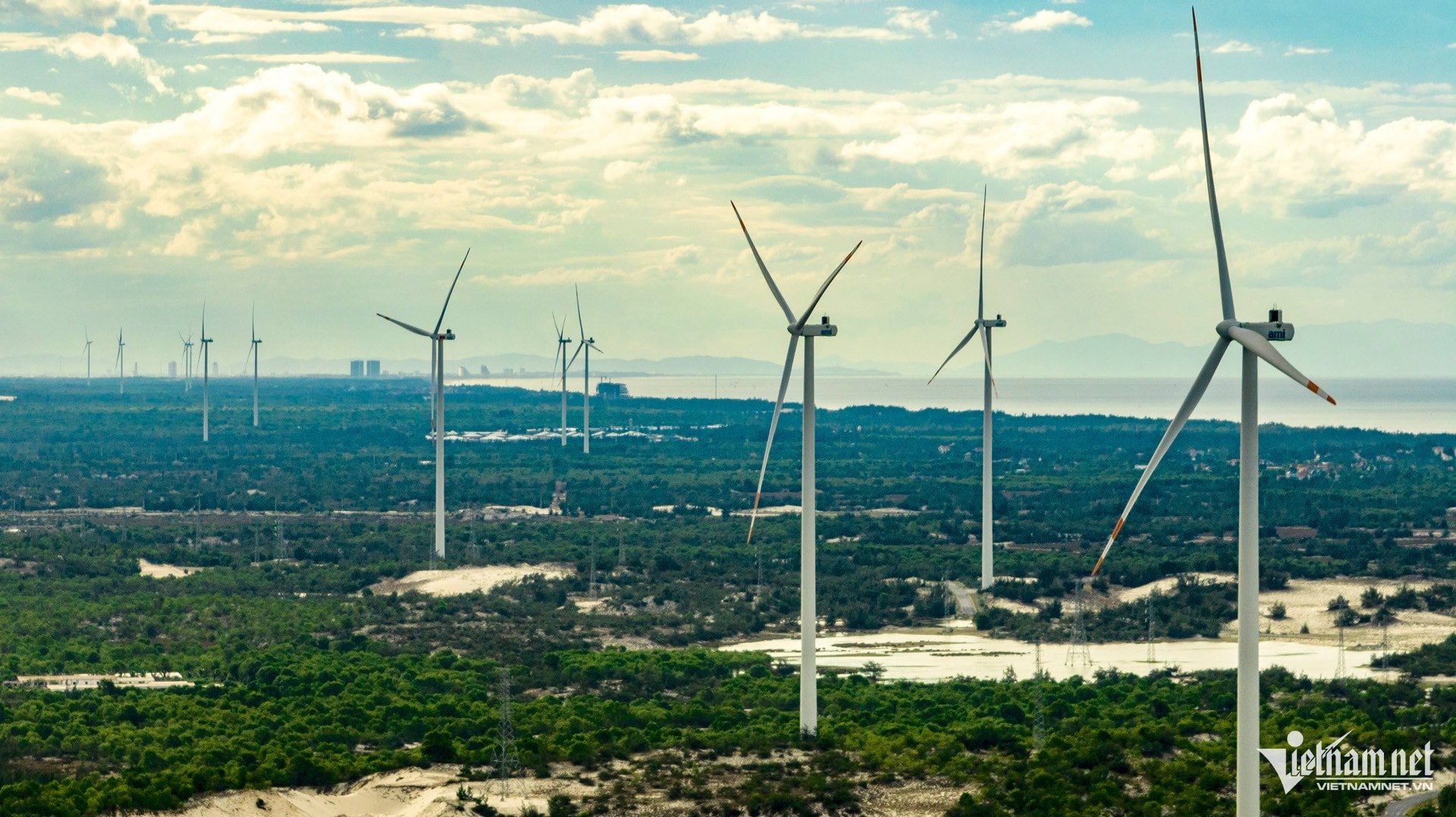
The Resolution states the requirements for rapid and sustainable development of the country, especially the implementation of two strategic goals by 2030 and 2045. Ensuring energy security plays a very important role, energy must go one step ahead.
The Politburo affirmed that energy development must be consistent with the socialist-oriented market economy, associated with social progress and equity, social security, national defense, security, environmental protection, and flexibility in implementing international commitments on reducing greenhouse gas emissions.
The Resolution of the Politburo sets the general target for the total primary energy supply by 2030 to be about 150 - 170 million tons of oil equivalent. The total capacity of power sources is about 183 - 236 GW or higher depending on the system demand and the socio -economic development situation over time. The total electricity output is about 560 - 624 billion kWh. The proportion of renewable energy in the total primary energy supply is about 25 - 30%.
Total final energy consumption is about 120 - 130 million tons of oil equivalent.
Smart, efficient power system, capable of safely connecting to the regional power grid; ensuring safe power supply, meeting N-1 criteria for important load areas and N-2 for especially important load areas. Power supply reliability and power access index are among the top 3 leading countries in ASEAN.
Oil refineries meet at least 70% of domestic petroleum demand; petroleum reserves reach about 90 days of net imports. Develop facilities with full capacity to import liquefied natural gas (LNG) according to the demand for LNG power sources and other needs; form centralized LNG energy centers in harmony with regions.
The energy saving ratio on total final energy consumption compared to the business-as-usual scenario is about 8 - 10%. Greenhouse gas emission reduction from energy activities compared to the business-as-usual scenario is about 15 - 35%.
The vision for 2045, set by the Politburo, is to firmly ensure national energy security; a competitive, fair, transparent, efficient energy market, in line with the socialist-oriented market economy institution...
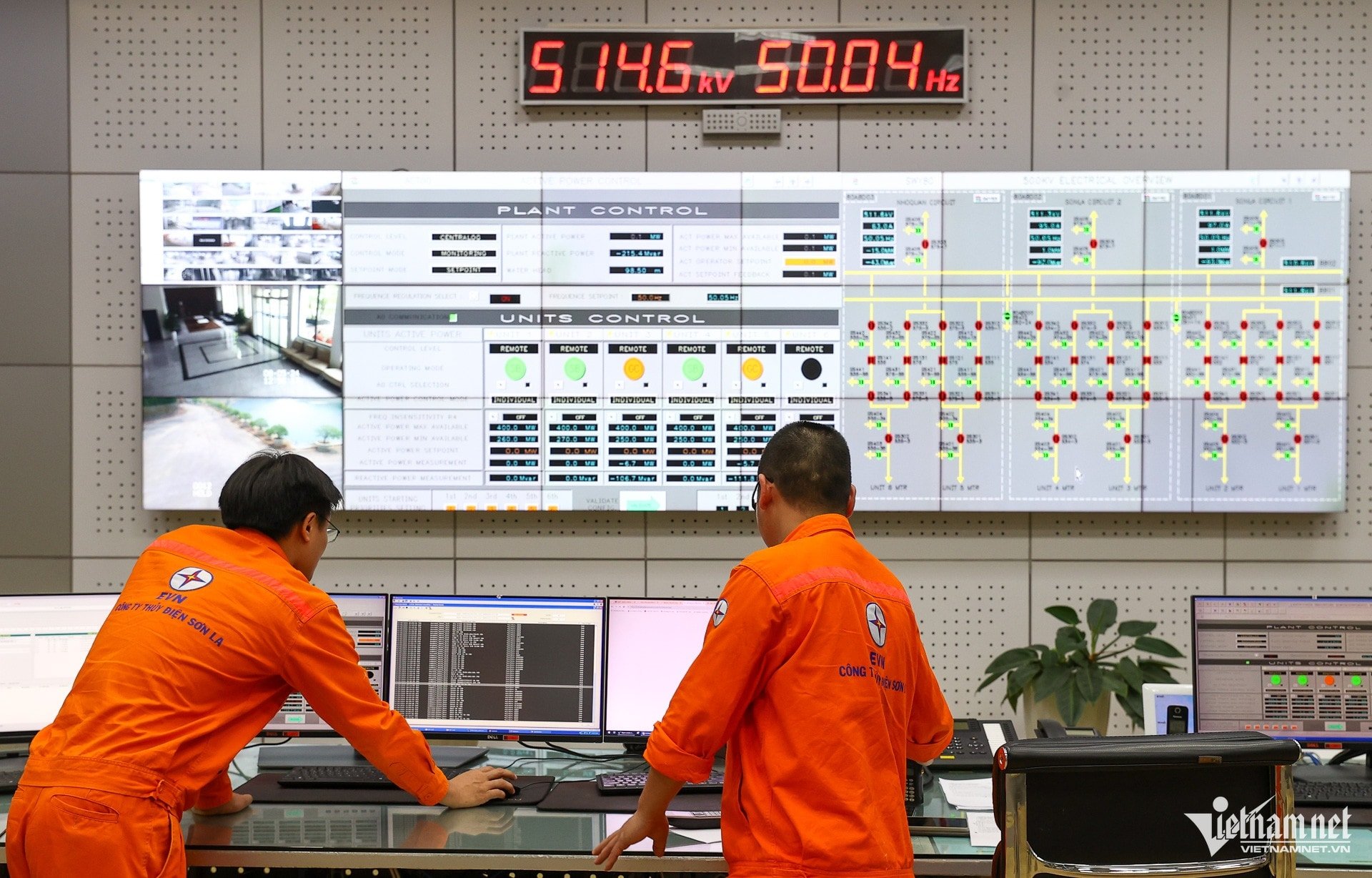
The Resolution sets out tasks and solutions. Among them, perfecting institutions and policies to become competitive advantages, solid foundations, and strong driving forces to promote energy development. Developing energy supply and infrastructure, firmly ensuring energy security, meeting growth requirements.
Promote energy saving, environmental protection, response to climate change, flexibly implement international commitments on emission reduction; establish governance measures and respond to risks. Focus on mobilizing all social resources, strongly encourage the private sector to participate in energy development.
In organizing implementation, the Politburo requires the development of a strong enough policy framework to encourage large electricity users to build energy recovery systems to produce electricity. There are appropriate incentive mechanisms and policies to develop self-produced and self-consumed rooftop solar power and energy storage systems. There are specific mechanisms and policies to strongly develop waste treatment systems with energy recovery; encourage businesses to invest in low-carbon and carbon-neutral technologies.
Regarding oil and gas, promote exploration to increase oil and gas reserves and production in potential, deep-water and offshore areas associated with protecting national sovereignty; improve recovery coefficients and fully exploit small mines and marginal remaining blocks.
Have a proactive and effective strategy in cooperation in searching, exploring and exploiting oil and gas abroad. Develop a reasonable gas price policy to ensure the harmony of interests of the parties involved; develop the gas market to reach about 30 - 35 billion m³/year.
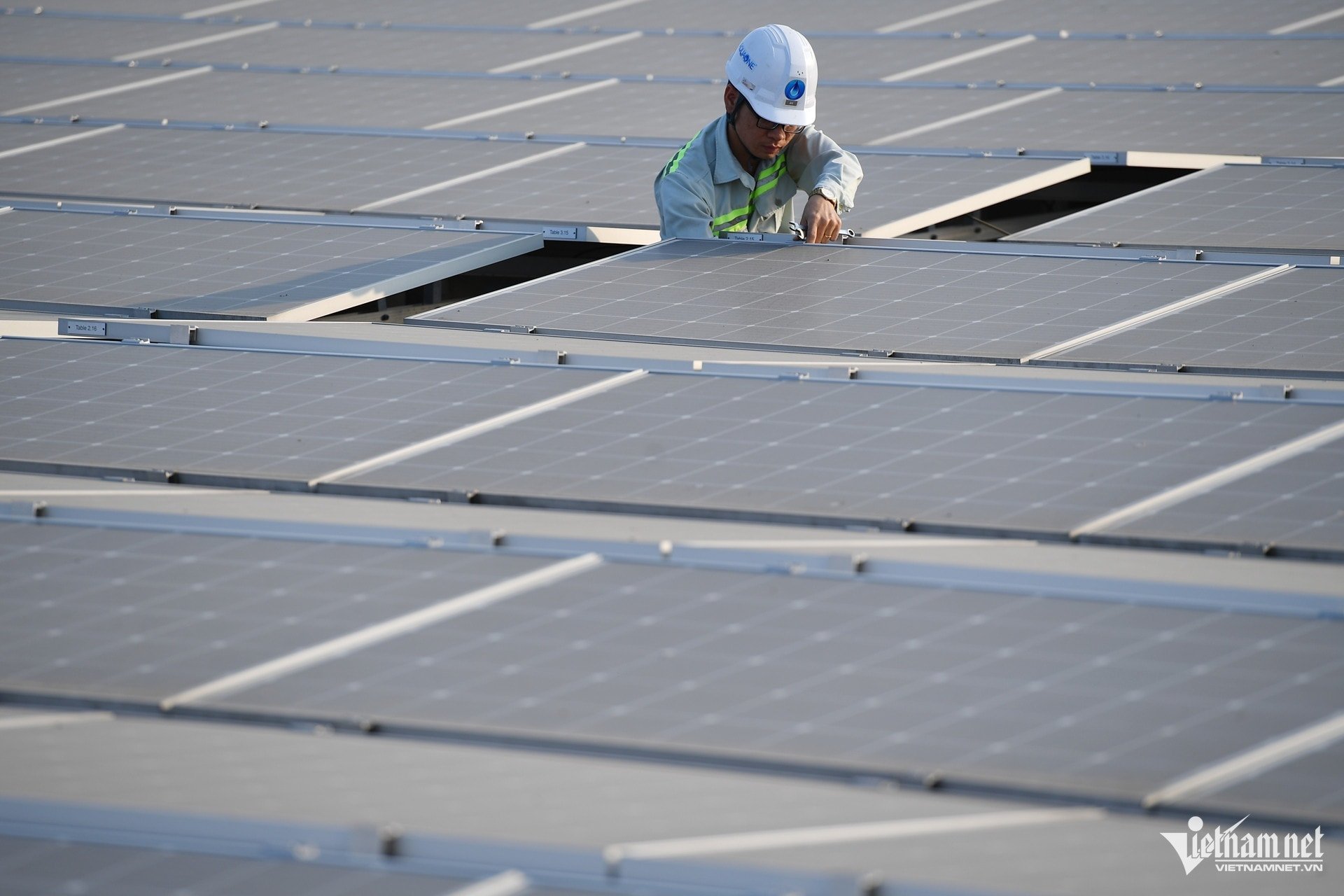
Regarding coal, promote domestic coal mining to ensure safety, efficiency and economy; have reasonable and flexible mechanisms for coal mining and import. Promote overseas investment to explore and exploit the type of coal that Vietnam needs to import.
With wind power and solar power, priority should be given to development in line with the ability to ensure system safety at reasonable electricity prices, especially self-produced, self-consumed power sources and rooftop solar power.
Regarding nuclear power, the Politburo requested to urgently implement the Ninh Thuan 1 and Ninh Thuan 2 nuclear power projects with suitable partners, ensuring the highest interests of Vietnam taking into account previous agreements, and put them into operation in the 2030 - 2035 period.
Develop a nuclear power development program based on flexible scales and small modular nuclear power plants. Promote investment in research and development of atomic energy technology, gradually mastering nuclear power technology, including nuclear reactor technology. In addition, select advanced technology, suitable for Vietnam's conditions, ensuring absolute security, safety and optimizing efficiency.
The Politburo noted that it is necessary to train at least 25,000 - 35,000 engineers and experts in the energy sector, with special priority given to the nuclear energy sector. There is a policy to prioritize training high-quality human resources and attract foreign experts and overseas Vietnamese to return to the country to work in the fields of nuclear energy, renewable energy and new energy.
PV (synthesis)Source: https://baohaiphong.vn/dao-tao-toi-thieu-25-000-35-000-ky-su-chuyen-gia-ve-nang-luong-519853.html




![[Photo] Prime Minister hands over decisions on receiving, transferring and appointing leaders of ministries and agencies](https://vphoto.vietnam.vn/thumb/1200x675/vietnam/resource/IMAGE/2025/9/4/b2445ecfd89c48bdb3fafb13cde72cbb)

![[Photo] Politburo works with the Standing Committee of Lai Chau Provincial Party Committee](https://vphoto.vietnam.vn/thumb/1200x675/vietnam/resource/IMAGE/2025/9/4/f69437b9ec3b4b0089a8d789d9749b44)
![[Photo] Politburo works with the Standing Committee of Can Tho City Party Committee](https://vphoto.vietnam.vn/thumb/1200x675/vietnam/resource/IMAGE/2025/9/4/10461762301c435d8649f6f3bb07327e)
![[Photo] Politburo works with the Standing Committee of the Party Committee of the Fatherland Front and Central organizations](https://vphoto.vietnam.vn/thumb/1200x675/vietnam/resource/IMAGE/2025/9/4/6f23e5c0f576484bb02b3aad08f9d26a)






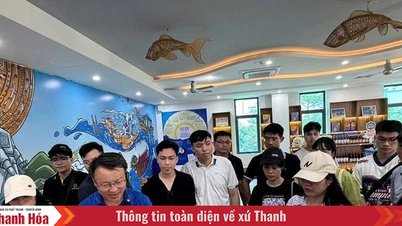

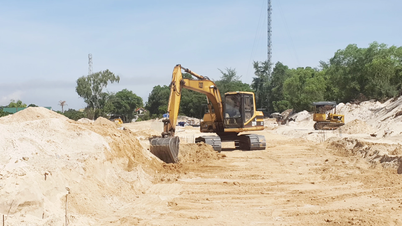



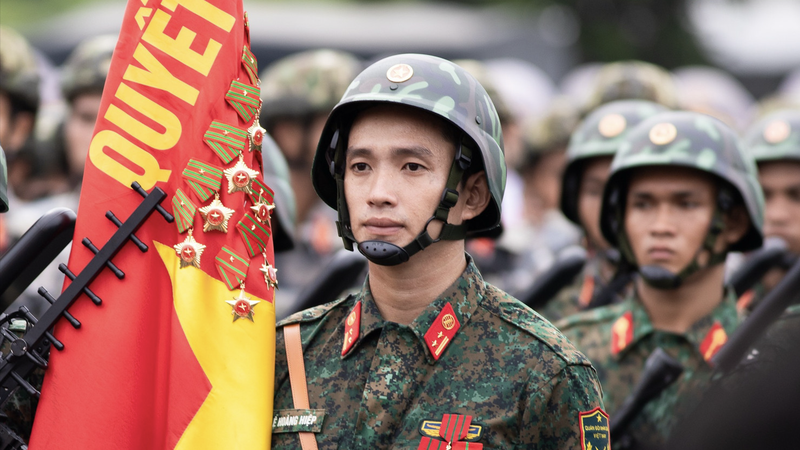

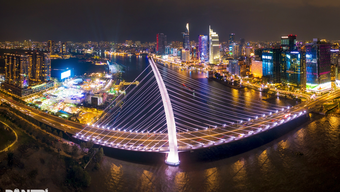


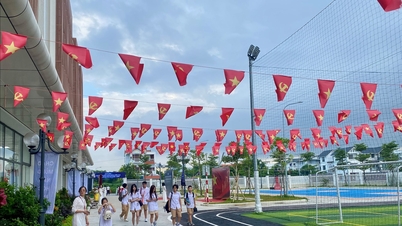

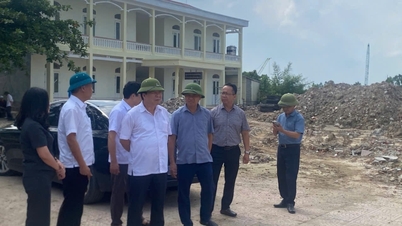

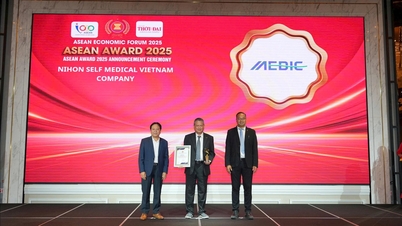
![[Photo] Prime Minister Pham Minh Chinh chairs the thematic meeting on law making in August 2025](https://vphoto.vietnam.vn/thumb/1200x675/vietnam/resource/IMAGE/2025/9/4/ba42763cd48e4d7cba3481640b5ae367)




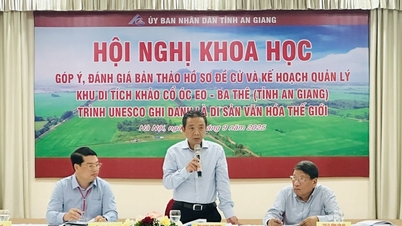




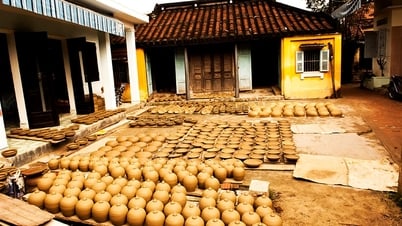


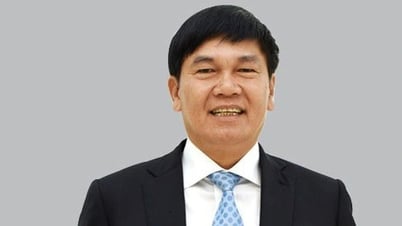











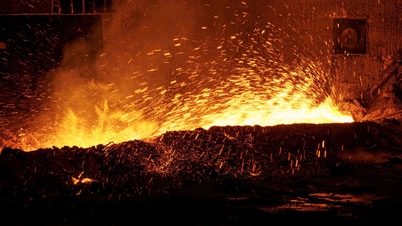




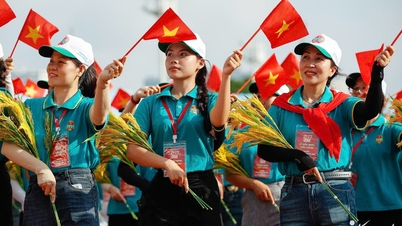

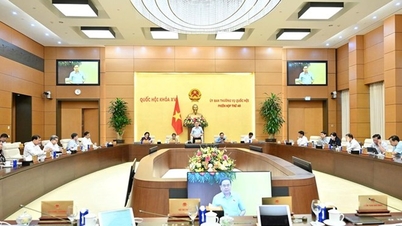






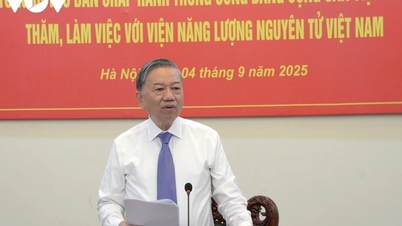




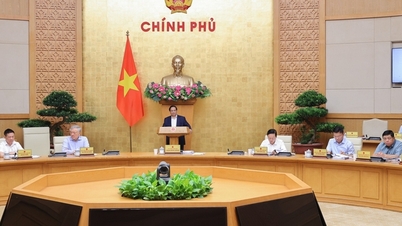



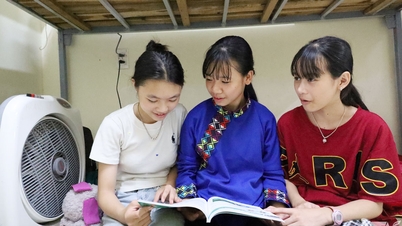









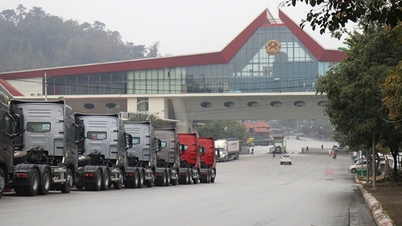







Comment (0)